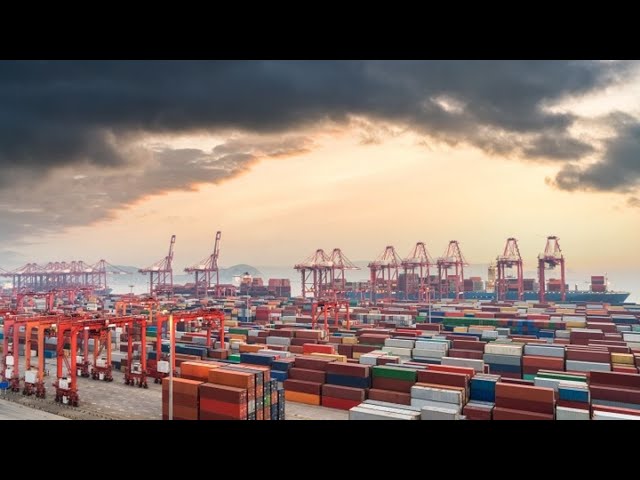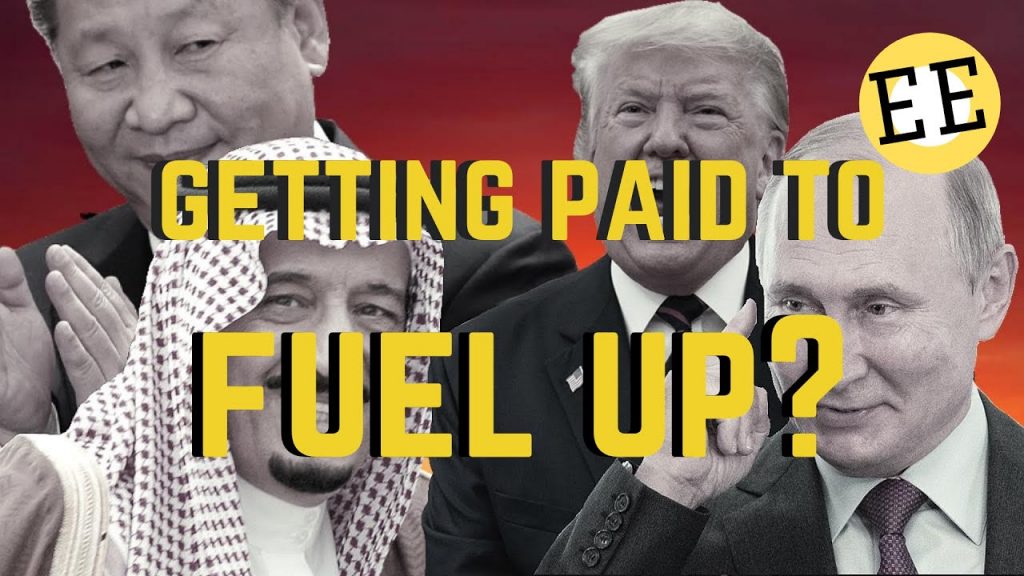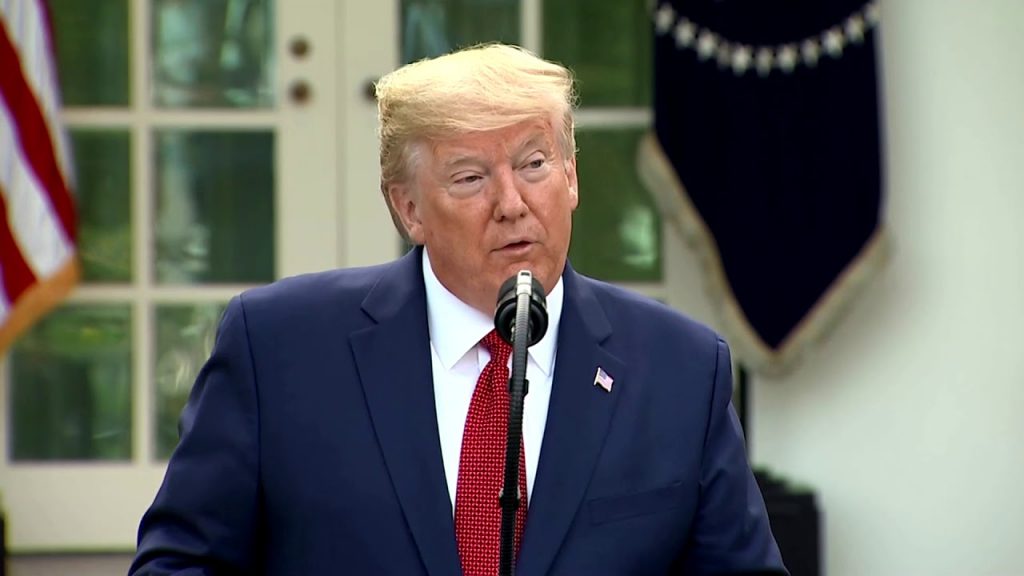IMF Sees `Heavy Cloud of Uncertainty’ Hanging Over Global Economy

A ‘Heavy Cloud of Uncertainty’.
Nov.19 — International Monetary Fund Managing Director Kristalina Georgieva discusses the outlook for the global economy, central bank policy and fiscal reforms. She talks with Matt Miller in Berlin on “Bloomberg Surveillance.”</
While uncertainty is becoming increasingly normalized in a globalized world, what can be done to ensure that trade tensions do not escalate into a broader economic conflict, and what role can policymakers play in safeguarding against the potentially catastrophic consequences of heightened geopolitical risks?
The International Monetary Fund (IMF) has recently highlighted the mounting uncertainty that is overshadowing the global economy, leading to a “heavy cloud of uncertainty” which could hinder growth and economic stability. The IMF reveals that the world is grappling with multiple factors that could create a potential drag on economic growth, leading to an escalating deceleration in trade, investment and manufacturing activity.
The IMF has pointed to a range of interrelated factors that are contributing to the slowing global economy, including the ongoing US-China trade tensions, Brexit uncertainty, rising geopolitical risks, and the increasing possibility of a no-deal Brexit. It also said that advancements in technology and digitalization are adding to the uncertainty, particularly in terms of how they impact the job market, income distribution, and overall productivity.
Furthermore, the fund has warned that policymakers should prepare for a potentially deep economic slowdown. In a recent report released by the IMF, it predicts that the world’s economic growth may slow to its lowest since the 2008 recession. The organization also warned that the conflicting monetary policy stances among global central banks could destabilize the global economy, and recommended that governments take a more cooperative stance with one another in terms of stimulus measures.
The IMF has urged countries with monetary policy room to loosen up their policies to support their economies, particularly in countries with an output gap, persistent low inflation, high public debt or requiring structural reforms. Additionally, they have suggested that advanced economies should take targeted fiscal measures, particularly in terms of boosting public investment to promote growth.
While the IMF has called for action from policymakers, it’s important to recognize that there are limits to what they can do. In a globalized world, uncertainty is becoming a norm, and it can be hard to forecast the outcome of global events. However, it is imperative that countries remain vigilant and continue to cooperate and coordinate their efforts, particularly when it comes to ensuring trade tensions do not spill over into a broader economic conflict that could have catastrophic consequences on the global economy.
In conclusion, the IMF’s assessment of the global economy highlights the increasing level of uncertainty that is hindering global economic growth. Policymakers must take urgent action to address the various factors which contribute to this “heavy cloud of uncertainty,” while ensuring that they take measures to protect their economies while remaining vigilant against any global events that could potentially cause economic instability. The stakes are high, and the time to act is now.









18 People Contract COVID-19 After 30th Birthday Party
Multiple White House staff members test positive for coronavirus
BOMBSHELL Documents Allegedly REVEAL Bill Clinton Stayed at Epstein’s ISLAND with TWO GIRLS!!!
Trump reveals he has been tested for COVID-19
Disney shares drop as company delays reopening of California Disneyland